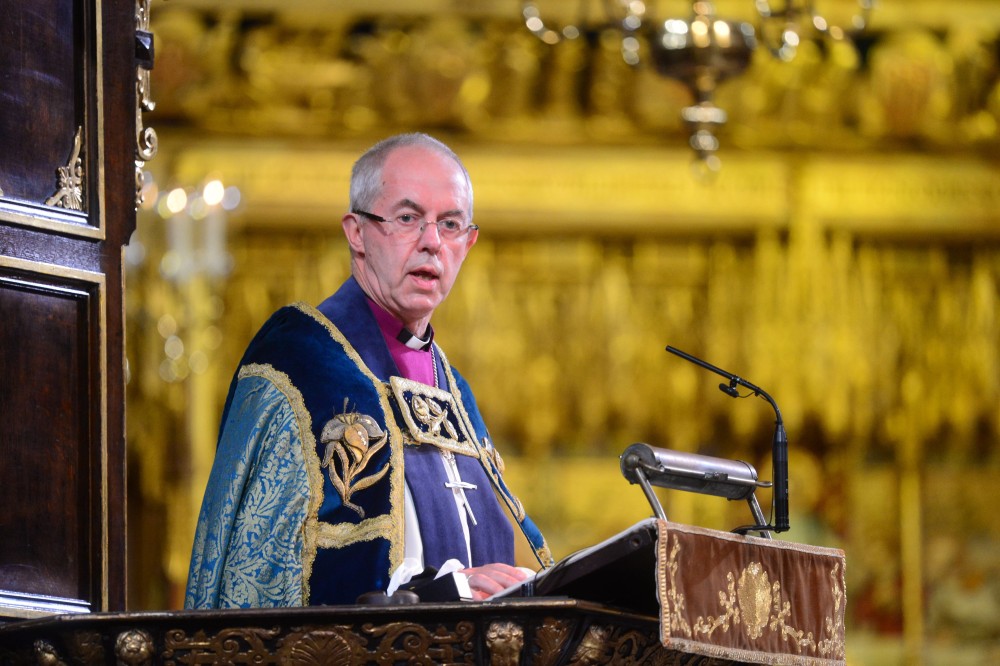Antiracism task force proposes ways to end Church of England inaction over racism

A report aiming to tackle racism in the Church of England has recommended dozens of proposals to end decades of inaction, including the requirement that at least one ethnic minority candidate be included in short lists for senior clergy roles.
The church’s antiracism task force was set up last year after Archbishop of Canterbury Justin Welby told the General Synod there was “no doubt” the Church of England was still “deeply institutionally racist.”
The recommendations, published April 22, include a plan to increase representation of ethnic minority people to at least 15 percent at all levels of governance by 2030, to reflect the proportion of ethnic minority worshipers. The report also said full-time racial justice officers should be employed in every diocese.
The vast majority of senior staff in the church are currently White British. Just five out of 111 bishops are from ethnic minorities, along with only nine deans, archdeacons, and senior staff.
The report looked at multiple past reports and recommendations regarding racism since the 1980s but concluded that “action had fallen short.”
“A failure to act now will be seen as another indication, potentially a last straw for many, that the Church is not serious about racial sin,” it said.
The task force also called for action to address the church’s legacy in the slave trade, including an assessment of monuments and buildings that unconditionally celebrate those linked to slavery.
In April, a BBC report claimed that staff complaining of racism in the church have been paid off to “buy their silence.”
Elizabeth Henry, the church’s former race relations adviser, told the BBC’s Panorama news program that some of those who complained received compensation and had to sign nondisclosure agreements. Henry said she retired last year from her role after feeling frustrated at the “lack of progress with issues of racism.”
Welby said in response this week that confidentiality agreements should not be used to prohibit people from speaking publicly. —Associated Press


